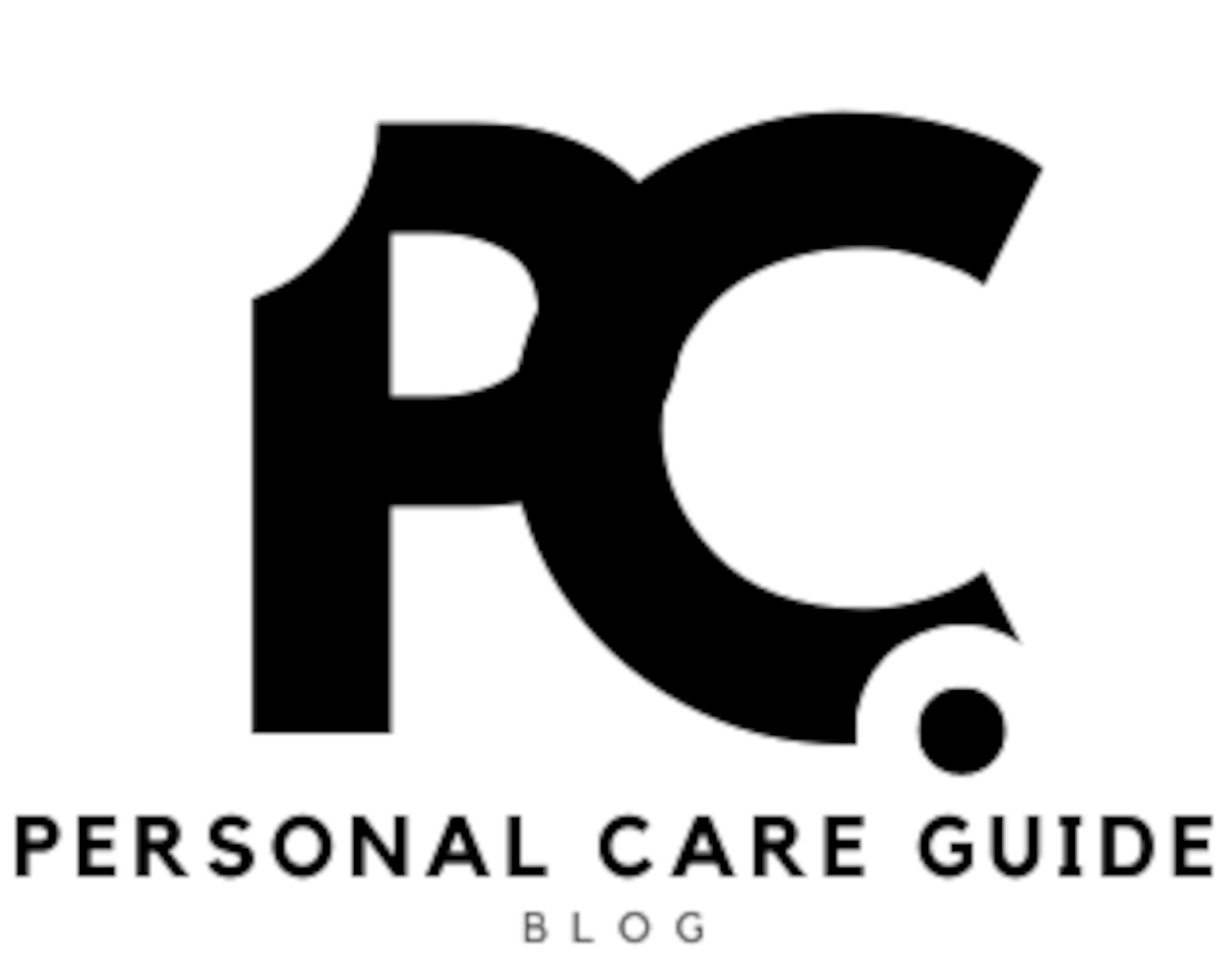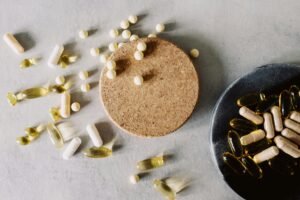For many new mothers, breastfeeding is a beautiful yet challenging journey, with concerns about milk supply being a common issue. While the first line of advice often includes ensuring proper latch and frequent nursing, some mothers turn to dietary supplements to help increase their milk production. These supplements, often referred to as galactagogues, have been used traditionally and are now supported by varying degrees of scientific research. Let’s delve into the world of supplements that can help support lactation and enhance milk supply for breastfeeding mothers.
The Quest for Increased Milk Supply
Breast milk is considered the gold standard for infant nutrition, providing the perfect balance of nutrients, antibodies, and enzymes to support a baby’s growth and immune system. When concerns about milk supply arise, it can be stressful for mothers eager to provide the best for their babies. In addition to hydration, proper nutrition, and nursing techniques, certain supplements can play a role in supporting lactation.
Top Supplements for Boosting Milk Supply
Several natural supplements have gained popularity for their potential to increase milk supply, including:
Fenugreek: One of the most well-known galactagogues, fenugreek has been used traditionally to boost milk supply. Some studies suggest that it can increase milk production, though results can vary.
Blessed Thistle: Often used in conjunction with fenugreek, blessed thistle is another herb traditionally used to stimulate milk production.
Fennel: Known for its licorice-like flavor, fennel seeds are believed to enhance breast milk volume and may also help alleviate infant colic symptoms.
Brewer’s Yeast: Rich in B-vitamins, minerals, and protein, brewer’s yeast is commonly recommended to nursing mothers to help increase milk supply and improve energy levels.
Goat’s Rue: Another traditional galactagogue, goat’s rue is said to stimulate the production and flow of breast milk.
Implementing Supplements Safely
While supplements can offer support, it’s essential to approach their use with caution:
Consultation: Always consult with a healthcare provider or a lactation consultant before starting any supplements, especially if you or your baby have underlying health conditions.
Quality and Purity: Choose high-quality supplements from reputable sources to ensure safety and efficacy.
Observation: Pay attention to how your body and your baby respond to the supplements. Some herbs can have side effects or interfere with medications.
Complementing Supplements with Best Practices
Supplements are most effective when used in conjunction with best practices for breastfeeding. These include staying hydrated, nursing on demand, ensuring proper latch, and using pumping as a tool to stimulate milk production if needed.
Conclusion
Supplements to increase milk supply can be a helpful part of a comprehensive approach to breastfeeding challenges. By combining these natural aids with dedicated nursing practices and professional guidance, many mothers can successfully enhance their milk production, supporting their breastfeeding journey and their baby’s growth and well-being.







